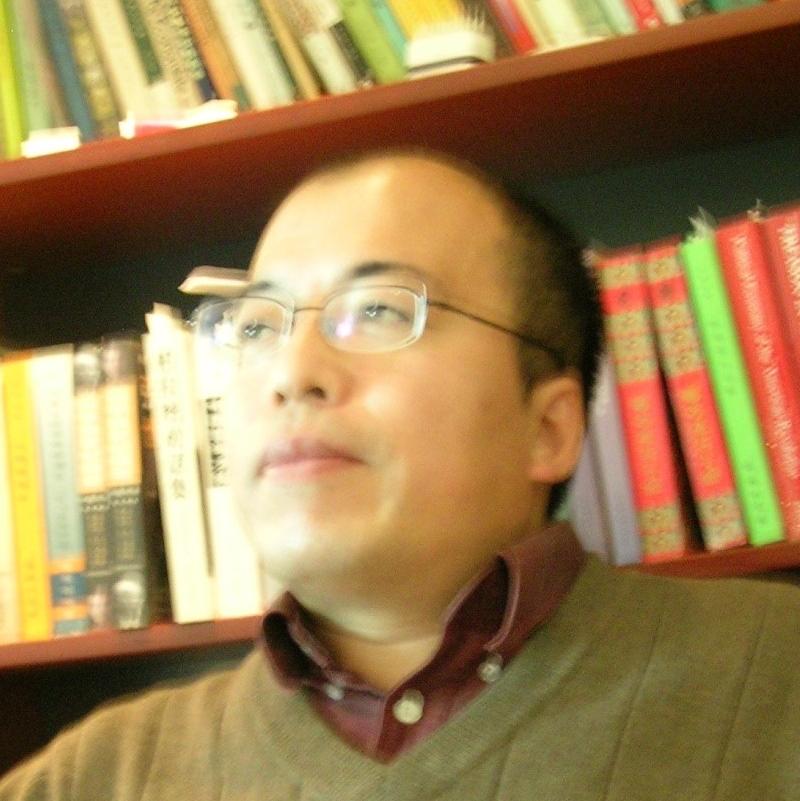On May 28, 2014, U.S. President Barack Obama delivered the commencement address at the U.S. Military Academy in West Point to defend his foreign policy. In the speech, President Obama concluded the sources of the U.S. leadership, which rested on four areas, namely the ability of freely using military power, the global network of alliances and partners, the capabilities of institution-building and institution-updating, and the willingness to act for maintaining the human dignity. However, the dilemma the United States faces is structural, and it is not easy to overcome these difficulties.
Firstly, the two wars in Afghanistan and Iraq hurt the United States badly. The U.S. is exhausted by the wars, which lasted for more than ten years, and led to serious financial burdens on the U.S. Even worse, it seems unlikely that the U.S. will even win the wars. Many Americans actually think that the U.S. has failed its wars. According to a poll released by the Pew Research Center on January 30, 2014, 52% of respondents believed that the U.S. was a loser in the wars in Afghanistan and Iraq.
Secondly, the U.S. economy is in a low level of recovery. Since the financial crisis, the U.S. government has turned the focus on the revival of the economy, but the effects have not met people’s expectations. Though the U.S. economy has grown, it is still lacking stamina and it is unstable. According to the statistics released by the U.S. Department of Commerce Bureau of Economic Analysis on May 29, the U.S. economy shrank by 1% in the first quarter of 2014. Meanwhile, the U.S. unemployment rate has remained at high level. In recent months, although it has declined, the U.S. unemployment rate dropped to 6.3 percent in April 2014––a new low point. It is questionable, however, whether this trend is sustainable. Because many economic and social problems have not been effectively addressed, the American public have gradually lost enthusiasm in supporting U.S. participation in international affairs. According to a poll conducted by Pew Research Center in October and November 2013, 53 percent of the respondents believed that the United States should be concerned about their own affairs, a result not seen since 1964. In addition, 80% of the respondents agreed with the statement, “We should not think so much in international terms but concentrate more on our own national problems and building up our strength and prosperity here at home.”
Thirdly, the U.S. political operation is inefficient. The American founders considered that the core of the U.S. political system was fairness, equity, and rule of law, even at the expense of efficiency. However, they didn’t expect that there would not be much progress on fairness in the U.S. political system after more than 230 years of development. The “Occupy Wall Street” movement in 2011 held the slogan “99% vs. 1%”, and even an organization called “united front for 99% Americans” was established. This system has, in contrast, become increasingly inefficient in recent years. Political parties have fallen into the entanglement cycle, which made it impossible for a series of the policies related to people’s livelihood to be implemented.
Fourthly, the rise of other countries has added to U.S. anxiety. In the globalization era, relations among countries seem like traveling in a boat against the current, which means anyone may be surpassed by others if a country does not seize the opportunity to reduce strategic mistakes. It should be noted there does not exist the rise of merely one or two countries, but of a group of countries around the world. In this context, as a global leader, the United States tends to feel uneasy, perhaps even feeling a threat psychologically. In the near future, however, no one country can surpass the U.S. in aggregate power The gap between the U.S. and other nations will become narrower over time––this is inevitable. It will cause the United States to worry, because the United States is very eager to maintain its status as the leader of the world. Once again in the West Point speech, President Obama emphasized that “America must always lead on the world stage”.
It can be said that the inertia thinking of “American leadership” dominates Obama’s international vision and strategic planning. This is partly because the United States has acted as an international leader for a long time, which has formed a solidified cognition of “leadership” identity; partly because of a firm belief in American exceptionalism. President Obama himself has admitted that he believes in American exceptionalism with every fiber of his being. However, the times are changing. If the U.S. sticks to its old thinking about the world, it will inevitably be frustrated. In this regard, President Obama has his concerns. In his speech, he pointed out that the real question is not “whether America will lead, but how we will lead.” That said, President Obama did not provide an answer to his question. People would not object to the U.S. playing a leading role in the world affairs if the interest of the world are indeed at stake. Nevertheless, fundamentally speaking, Obama’s strategic dilemma lies in the contradiction between the unwavering intention of U.S. global leadership and the decline of the United States’ capability for keeping its leadership position.
Chen Jimin, Ph.D, is an Assistant Research Fellow for the Institute for International and Strategic Studies at the Party School of Central Committee of C.P.C.



